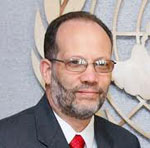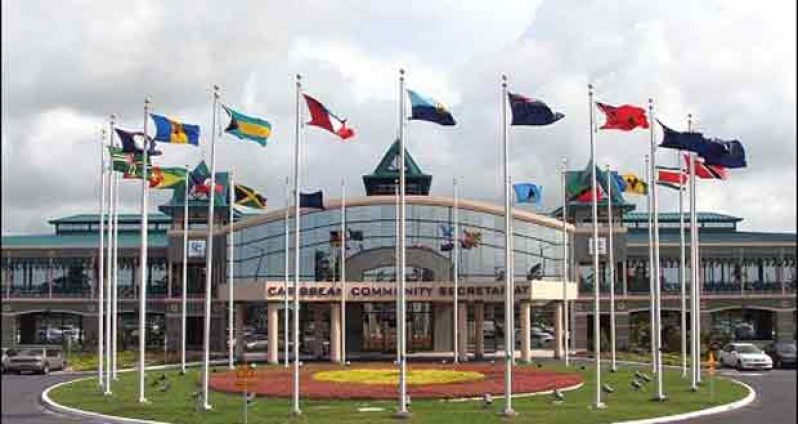Analysis by Rickey Singh
AT their 35th annual summit this past July the Heads of Government of our Caribbean Community unanimously approved a “Strategic Plan for Comprehensive Development” across the 15-member regional economic integration movement.

It was the first-ever such blueprint for collective approaches in achieving the wide-range of programmes for trade, economic, political, education, cultural, sports and other objectives consistent with attaining a seamless regional economy for “one people of one Community.”
The Community’s leaders should be aware that to achieve this laudable goal requires involvement of citizens of this Region through a sophisticated communication blitz designed to make maximum use of state and private media, electronic and print.
The question is how committed are CARICOM Governments to the IMPLEMENTATION of the wide-ranging policies and projects agreed to when they PUBLICLY announced approval of the Community’s “first Strategic Plan”-a summary of which was posted on the website of the Georgetown-based Community Secretariat?
“Very committed”, I was quickly assured in a telephone conversation with the Community’s Secretary General and chief regional public servant, Irwin LaRocque, when I reached him last week in Samoa where he was participating in the Third International Conference on Small Island Developing States (SIDS), scheduled prior to its conclusion on Thursday. A communiqué on the outcome of the conference was being awaited as this column was written and we must, therefore, await further developments from the Community Secretariat.
Climate change
The Caribbean Region had a high profile presence, including that of Guyana, at the Samoa conference, consistent with a commitment to the objectives of the so-called “Barbados Programme” that resulted from the first UN-organised SIDS conference hosted in that CARICOM partner state.
Concerns over the phenomenon of climate change and the challenges for national/regional environmental protection were among considerations that helped to shape the Caribbean Community’s first “strategic plan”.
Secretary General LaRocque said he was quite conscious of the importance of pursuing an imaginative educational programme to sensitise citizens of the Community on the aims and objectives of the Strategic Plan.
He also appreciates that success would very much depend on the commitment by member governments of the Community to make use of their resources and facilities to make worthwhile the coming efforts to inform and educate the Region’s public about the core features for them in the Plan.
The decision to develop the Plan was first taken by CARICOM Heads of Government at their Inter-Sessional Meeting in Suriname in 2012 when they agreed to re-examine “the future direction” of the Community and the “arrangements “for carrying forward the vision.
The five-year Plan covers the period 2015-2019 and resulted from wide public consultation across the Community. Now that it has been approved for implementation, the leaders and relevant cabinet ministers of the Community, along with stakeholders’ representatives, should demonstrate their interest in the shaping and implementation of a public education programme in favour of methodical IMPLEMENTATION of policies and programmes.
It’s also relevant to note that the Community’s Heads of Government are to benefit from structured briefings by a ‘Commission on the Economy’ established to regularly report on various initiatives. These would include formulating of a fiscal sustainability programme; reviewing the Region’s business operating environment with a view to alleviating constraints to growth in member states.



.jpg)









